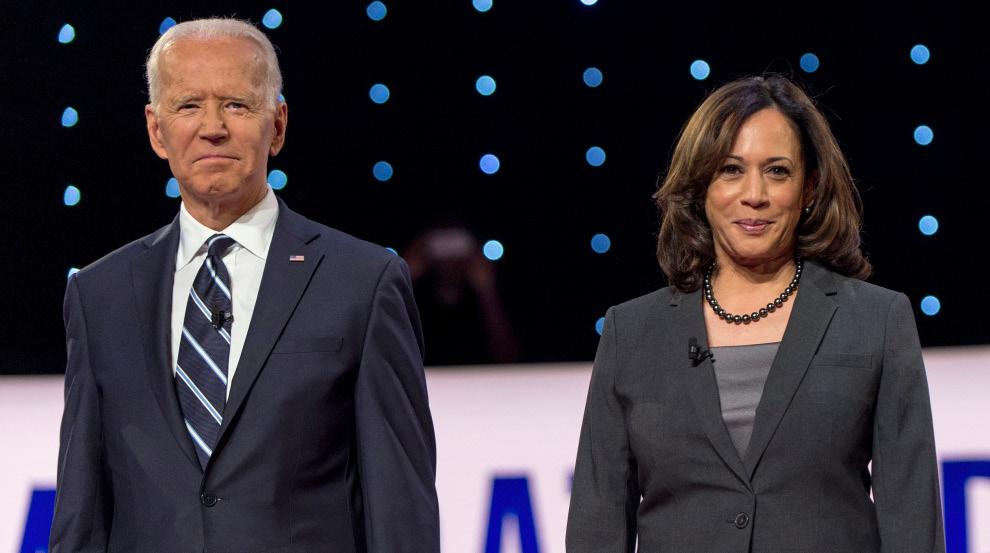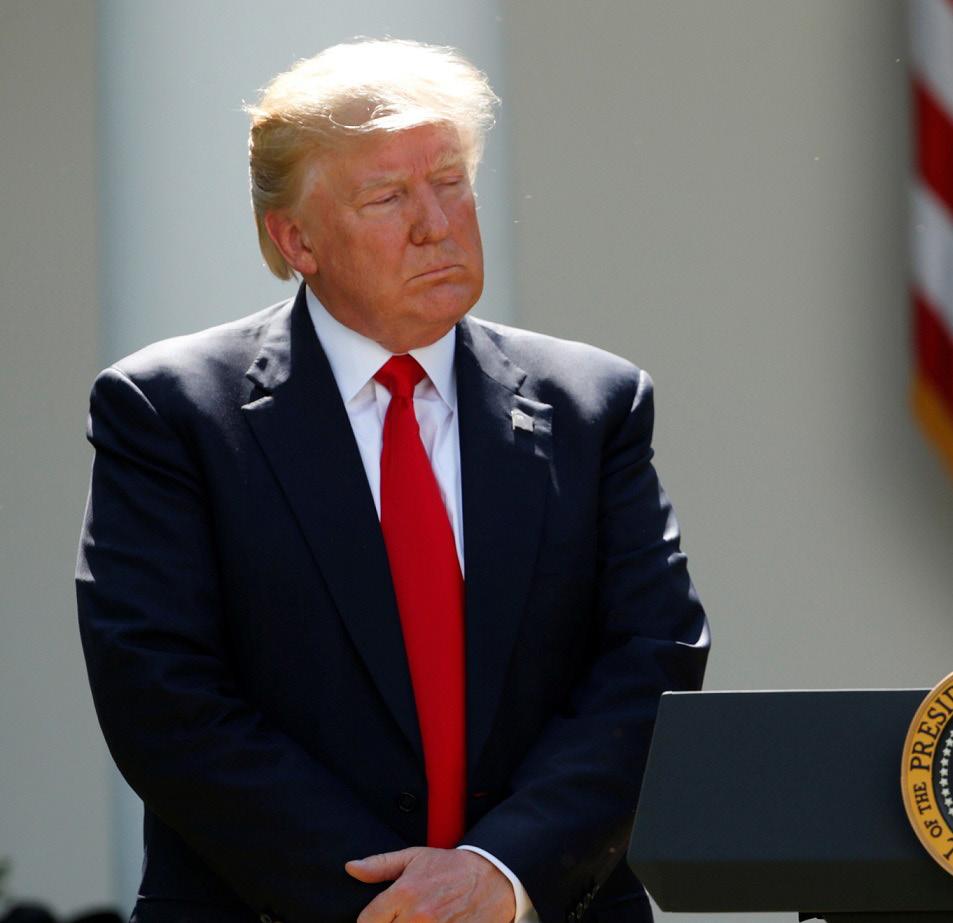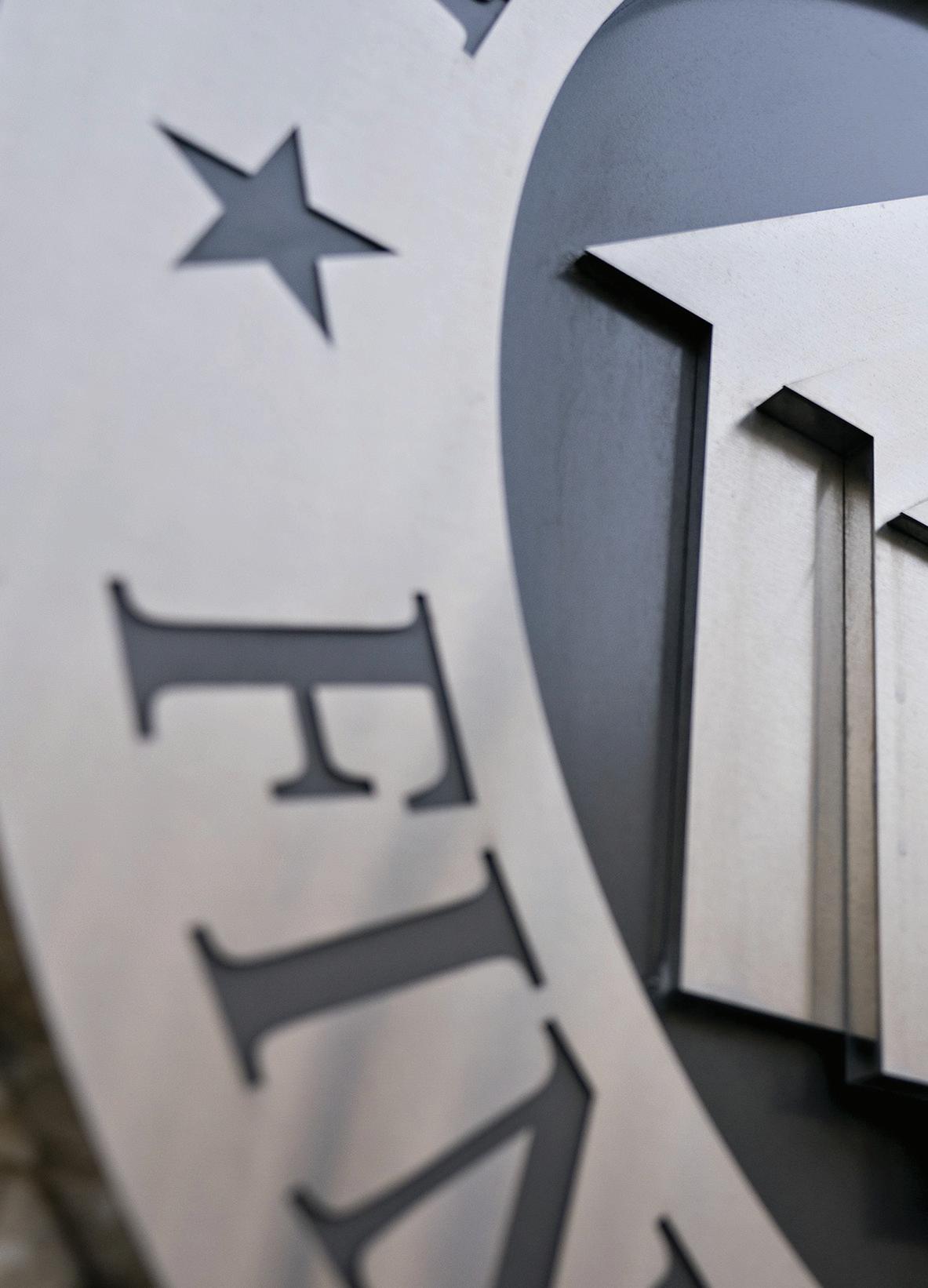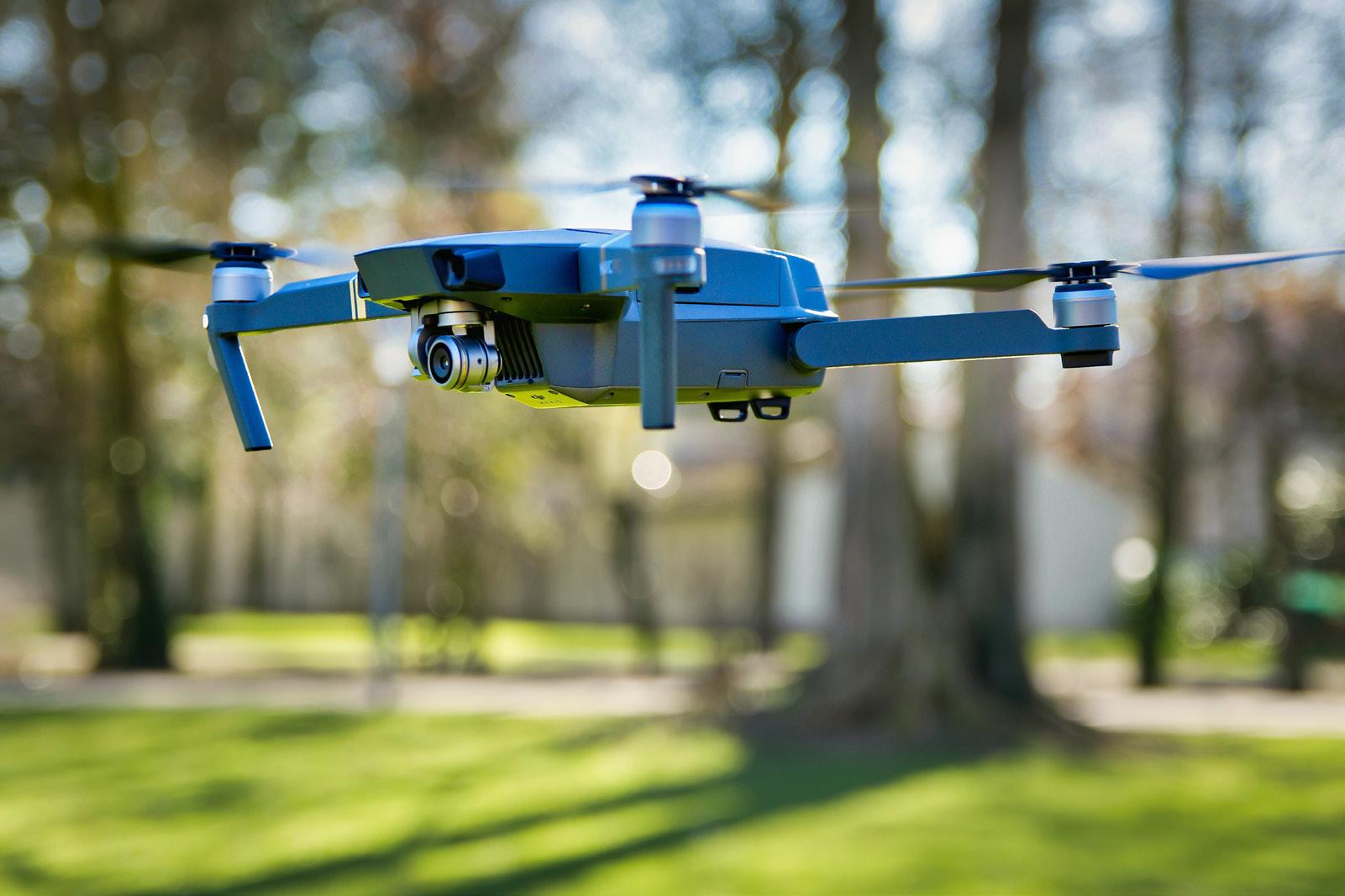
3 minute read
Bidden: Here’s my plan for your student
BIDDEN: HERE’S MY PLAN
FOR YOUR STUDENTS LOANS
President Donald Trump is yet to concede defeat over the last election. However, as it stands, Joe Biden will likely be sworn in the next US President after winning the Presidential election. He may lead the United States effective from January 2021.
Biden has proposed a significant number of policies to be implemented once he gets into office. These policies are projected to affect every American primarily. Among the proposed policies by Joe Biden is the student loan policy. This policy could affect about 42 million student loan borrowers.
In the US, people are given access to student loans to sort their education bills. Currently, the education department directly holds about $1.4 trillion in student debt. That’s a huge debt, and unfortunately, many can’t afford to repay their student debts. It is on this basis that Biden proposed his plans for student loans. The policy will affect a significant number of borrowers’ monthly bills.
The Biden policy proposed the cancelation of student loans. This is a significant point in Biden’s manifesto, and it’ll likely be implemented if he becomes President.
However, most people have begun to have a misconception about what is covered by the loan cancelation and what is not. Thus, we should discuss this. The following points should help to clear the miscommunication.
Only federal student loans will be canceled if the plan is implemented.
THE POLICY DOESN’T SUPPORT THAT ALL YOUR STUDENT LOAN DEBT WILL BE CANCELED
To ease the effect of the Covid-19 pandemic, the policy is expected to cancel up to $10,000 in student loan debt for each borrower. Besides the loan cancelation policy, Biden also proposed that undergraduate tuition should be forgiven for borrowers. However, this policy does not apply to all borrowers. Only individuals who fall under the following categories will be affected:
THOSE WITH LESS THAN $125,000 ANNUAL INCOME
Only student loans from college will be forgiven. It is not applicable to graduate school.
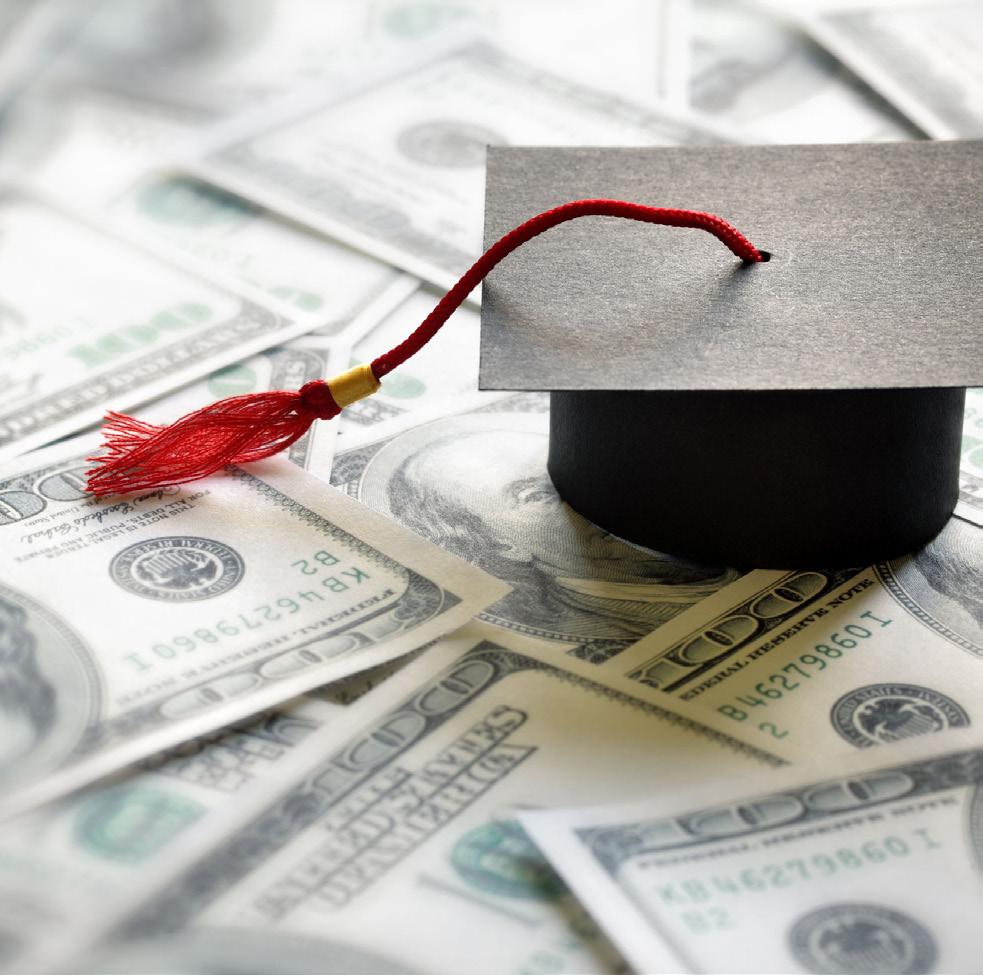
Students of -Serving Institutions (MSI) and the private Historically Black Colleges and University (HBCU) may also qualify for this loan forgiveness. However, you must be an undergraduate student with an annual income below $125,000.
College students may also begin to get free college education under the Biden policy. However, not all colleges are applicable in this regard. Private colleges are excluded, but community and state colleges and universities are included. If implemented, it will cover tuition plus other related expenses. On student loan repayment, there’s a generous option proposed by the President-elect. The policy suggested that people who earn below $25,000 annually will be excused from paying their undergraduate federal loans. Others with an annual income of above $25,000 will only be required to pay five percent of their discretionary income. The definition of discretionary income here is what is left of their income after removing necessities such as food and housing. That is lower than the 10 to 15 percent of discretionary income they pay at the moment.
However, with all these interesting proposals, it is essential to ask whether they’re feasible and can genuinely be implemented by Mr. Biden.
To provide an accurate answer to that, we need to refer to the constitution a bit. The federal student loan program was created by the Higher Education Act of 1965. According to this act, the education secretary can “compromise, waive or release” federal student loan debts. According to some legal scholars, the act can also be interpreted to provide the President with the power to use an executive order. With such order, the Education Department can be directed by the President to discharge student debts. Thus, should Mr. Biden becomes President, there are chances that he can succeed in implementing these plans.
References
https://www.nytimes.com/2020/11/13/business/bidenstudent-loans.html https://uc.xyz/AJRRO?pub=link




